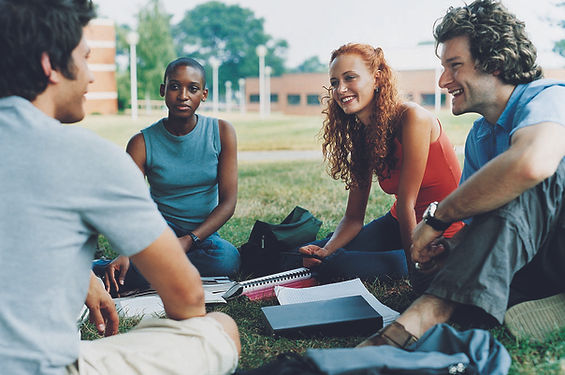
Family Social Parental Support
Family Social Parental Support is a relationship-centered approach that provides consistent, nurturing adult guidance to individuals who lack stable family systems, particularly youth and young adults. This model emphasizes trust-building, emotional support, accountability, and life-skill development through a designated parental-style support figure who offers structure, encouragement, and advocacy. By fostering a sense of belonging, safety, and healthy interdependence, Family Social Parental Support helps participants strengthen self-confidence, make informed decisions, and build the skills needed for long-term stability, independence, and well-being.
Family Psychosocial Rehabilitation
Family Psychosocial Rehabilitation is a strengths-based, trauma-informed approach that supports individuals and families in restoring emotional well-being, social functioning, and daily living skills impacted by instability, mental health challenges, or prolonged stress promoting resilience, self-sufficiency, and healthy relationships by integrating emotional support, practical life skills, and community connections to support long-term recovery and stability
Goals
-
Strengthen emotional well-being and mental health stability through trauma-informed, relationship-based support
-
Improve family functioning, communication, and healthy role development
-
Build daily living, coping, and problem-solving skills that support independence
-
Increase resilience and self-efficacy for individuals and family units
-
Reduce crises, unsafe behaviors, and housing instability
-
Support long-term recovery by connecting families to community resources and natural supports
Principles
-
All people have potential that can be developed
-
People have a right to self-determination
-
The emphasis is on the individual’s strengths rather than their symptoms
-
Each person’s needs are different
-
Professional services are committed and take place in as normalized an environment as possible
-
There is a focus on a social model of care (as opposed to medical model)
-
It is centered on the present rather than fixated on the past.
OBJECTIVES
Promote inclusive housing options and provide essential life skills for young adults' holistic development. Empower them to confidently contribute to society and navigate the complexities of modern life.
Diverse and Inclusive Housing Support
Support quality, safe, and affordable housing in a variety of types, sizes, locations, and costs to meet the needs of current and future young adults regardless of race, ethnicity, gender, religion, age, sexual orientation, disability, or other protected characteristics.
When a Peer (18-25yrs) request our support, below are some things they will encounter.
1-on-1 peer support
Support groups
Social outings
Personal development
Employment programs
Learning opportunities
Health and exercise programs
Creative arts
Method
Advocacy
Empowerment
Meals
Volunteer opportunities
Youth and young-adult programs
Meeting new people
Extended hours and/or weekends
Shout Out!
Deon, a Army Veteran, has been a great asset to our operations for the past year. Not only has he been flexible, with the ever-changing daily events, he is a team player. Deon's compassion and passion towards our young people is over precedent. He values himself as a humble person who have the heart and mind to our most vulnerable population- homeless street youth. His understanding of storytelling and peer engagement have made a strong impact in the wellbeing of our young people and Our Ark operations.
Servicing over 35 young people, Deon has provided many times his outstanding leadership of loyalty, honor, and respect. He has went out his way to sit and drive for hours, with no hesitation, to assure our young people where provide the necessary tools they needed. He has taken leadership positions, in initiative, in the absence of orders, doing an outstanding job. These young people have expressed their gratitude toward his unwavering parental style approach and leadership.
Our Ark gives a big thank you to David, a one-of-a-kind Volunteer.
You are appreciated!










![20210807_131944[1].webp](https://static.wixstatic.com/media/76d2f5_a6b53fed872d47529e3969f4795e0fcb~mv2.webp/v1/fill/w_123,h_123,al_c,q_80,usm_0.66_1.00_0.01,enc_avif,quality_auto/20210807_131944%5B1%5D.webp)